|
Genres, Themes, Actors, and Directors:
- Charles Laughton Films
- Episodic Films
- Ernst Lubitsch Films
- Frances Dee Films
- Gary Cooper Films
- George Raft Films
- Henpecked Husbands
- Millionaires
- Revenge
- W.C. Fields Films
Response to Peary’s Review:
As Peary notes, fans of “The Millionaire” TV series — or anyone fascinated by the lives of lottery winners — will doubtless enjoy this episodic film, directed by seven different men (including Ernst Lubitsch), and starring a host of Paramount’s most famous actors (Gary Cooper, W.C. Fields, George Raft, Charles Laughton, and more). As with any episodic film, some vignettes are more appealing than others; Peary correctly points out that “you’ll like best the three episodes in which [money can buy happiness]”, and be frustrated by those in which it can’t. Indeed, the most satisfying episodes are, as Peary notes, those in which “the money allows previously powerless people to put authoritarian figures in their place.” It’s a sign of the film’s appeal that, by the end, you feel sad that Bennett only selected eight names instead of more.
Redeeming Qualities and Moments:
- Henpecked Charles Ruggles’ nightmarish dreams in the china shop
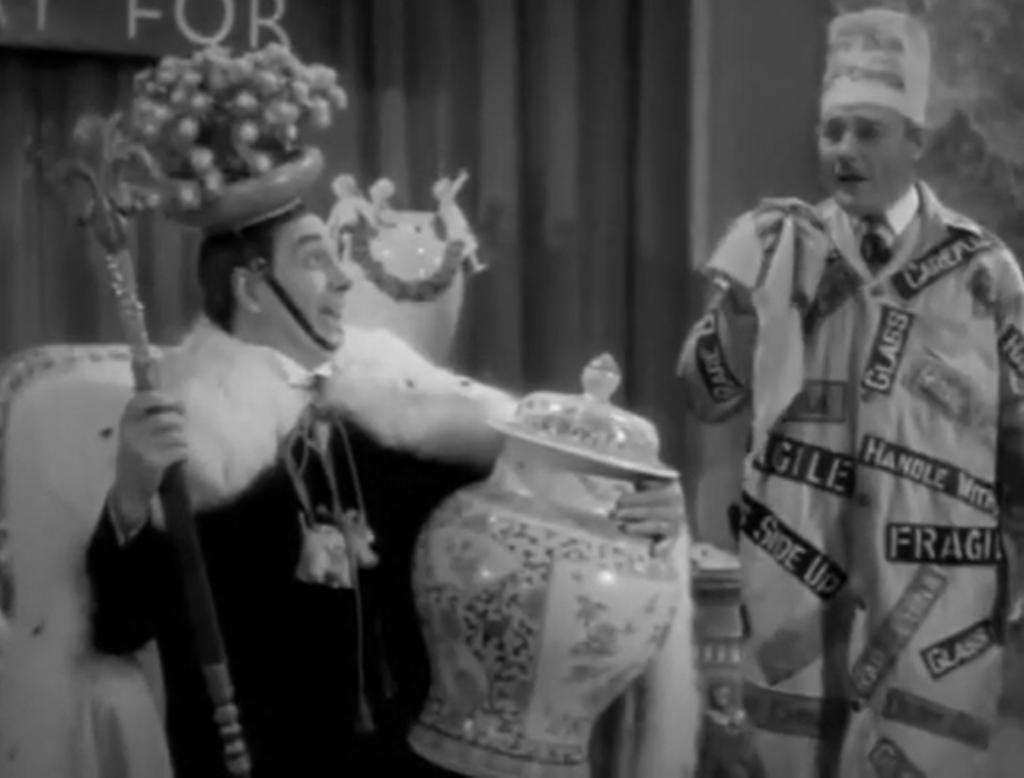
- Prostitute Wynne Gibson happily settling down for the night with ONE pillow
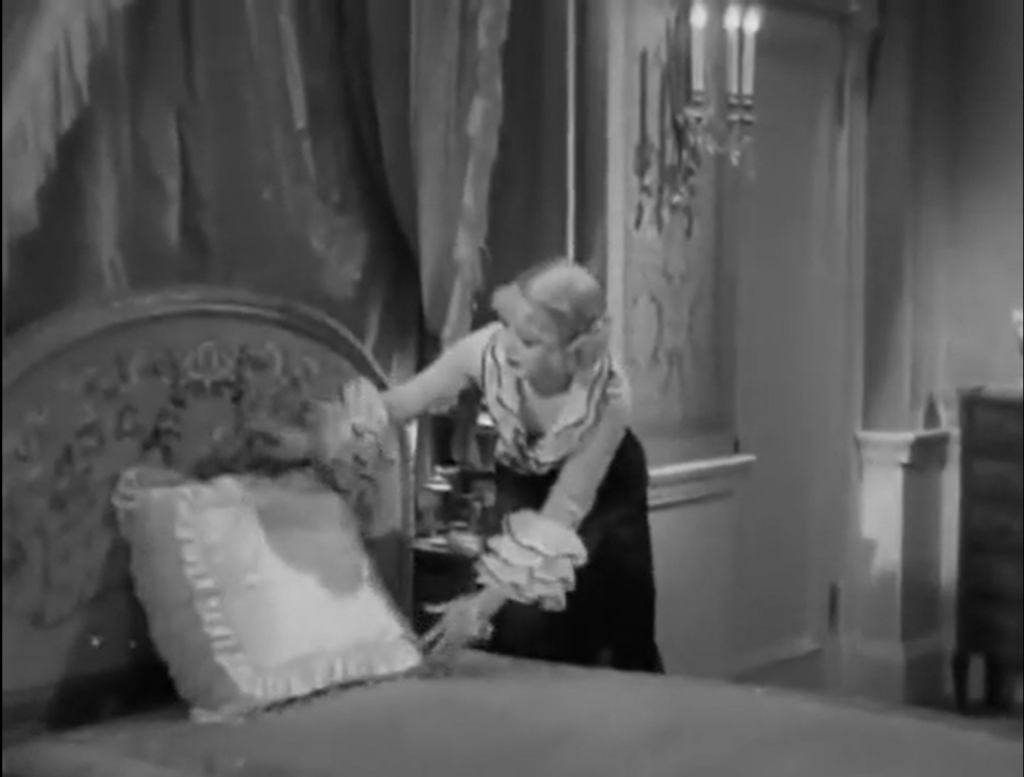
- An elderly woman (May Robson) changing her oppressive group home into a fun-loving club
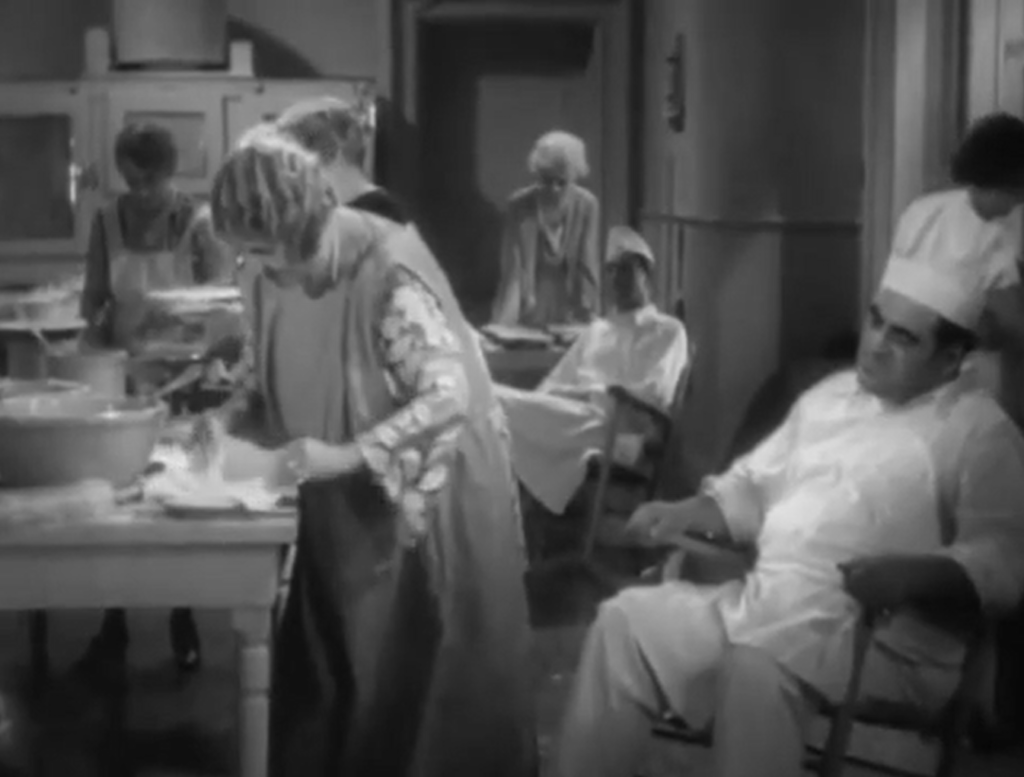
- Charles Laughton in the film’s shortest, but perhaps most satisfying, vignette
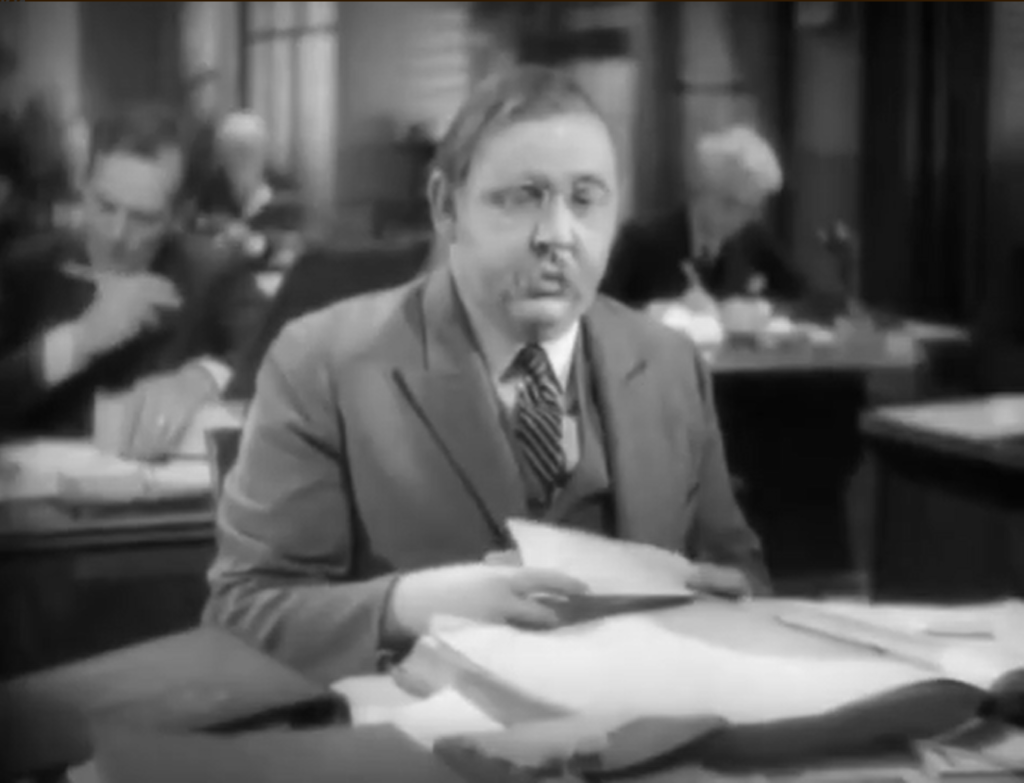
- W.C. Fields and Alison Skipworth taking revenge on “road hogs”
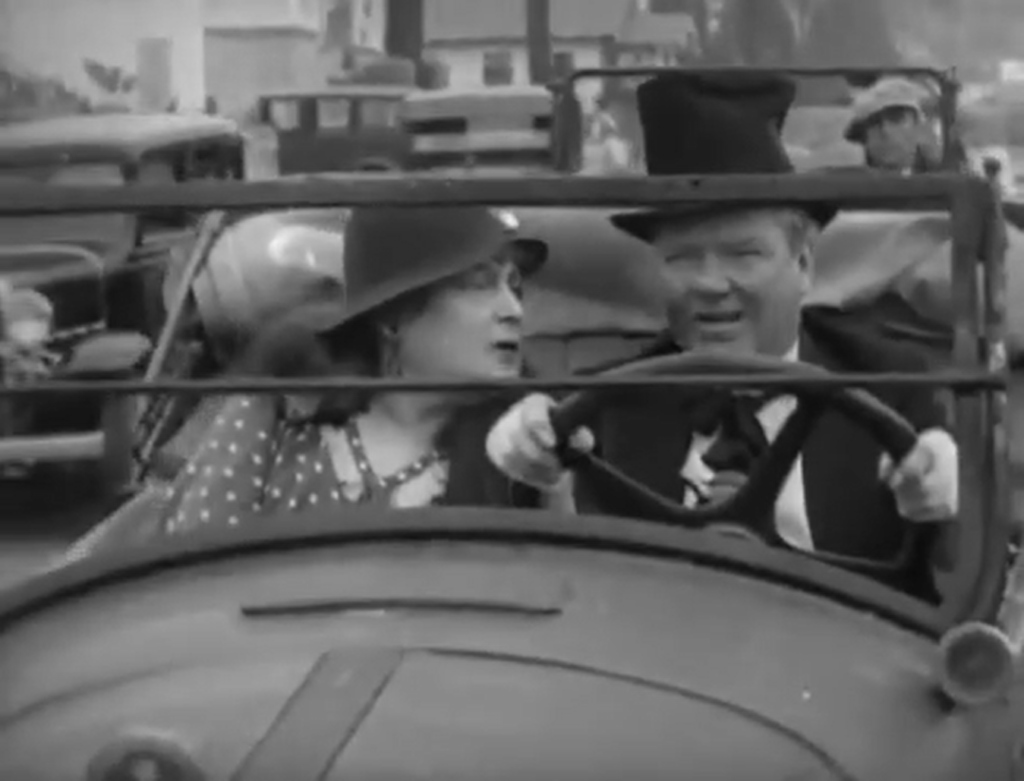
Must See?
No, but it’s recommended, if you can locate a copy.
Links:
|
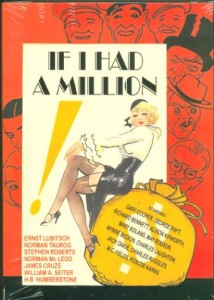





One thought on “If I Had a Million (1932)”
Not a must.
The film does, indeed, have a great premise. My guess is the main intent is light entertainment, without an overriding message. (Of course, a strong secondary intent may have been a mandate from the head of Paramount: to whip up a property for several of the talents under contract.)
The result is a lot less than it should/could have been.
If the film does have an overriding sentiment, it’s a sad statement about the human spirit; one that’s set up clearly in the exposition (far and away the film’s best, and liveliest, sequence – showcasing a standout Richard Bennett as the employees-and-relatives-hating millionaire John Glidden; boy, I wish he’d been *my* granddad!). The film seems to impart that the average human being is merely self-serving.
When Glidden sets out on his ‘mission’, one half-expects that those receiving a million each will, on average, be people who could really use it, perhaps even wisely.
But that’s not really what the film shows us, save for the final, deeply depressing sequence in the home for elderly women. As Robson eloquently states: “Oh, I tell you, there ain’t any jail made of steel or stone that can hold a body prisoner as tight as one built of old age and lack of money.” And, yes, it’s nice to see what money can do for this band of ladies – very isolated individuals inside a group.
The film does end on an interesting upbeat (as Bennett and Robson become friends). But I couldn’t help wishing throughout to see less of those millions being simply squandered or used as a reprieve from tyranny. Money is actually a more serious issue than this comedy allows for.